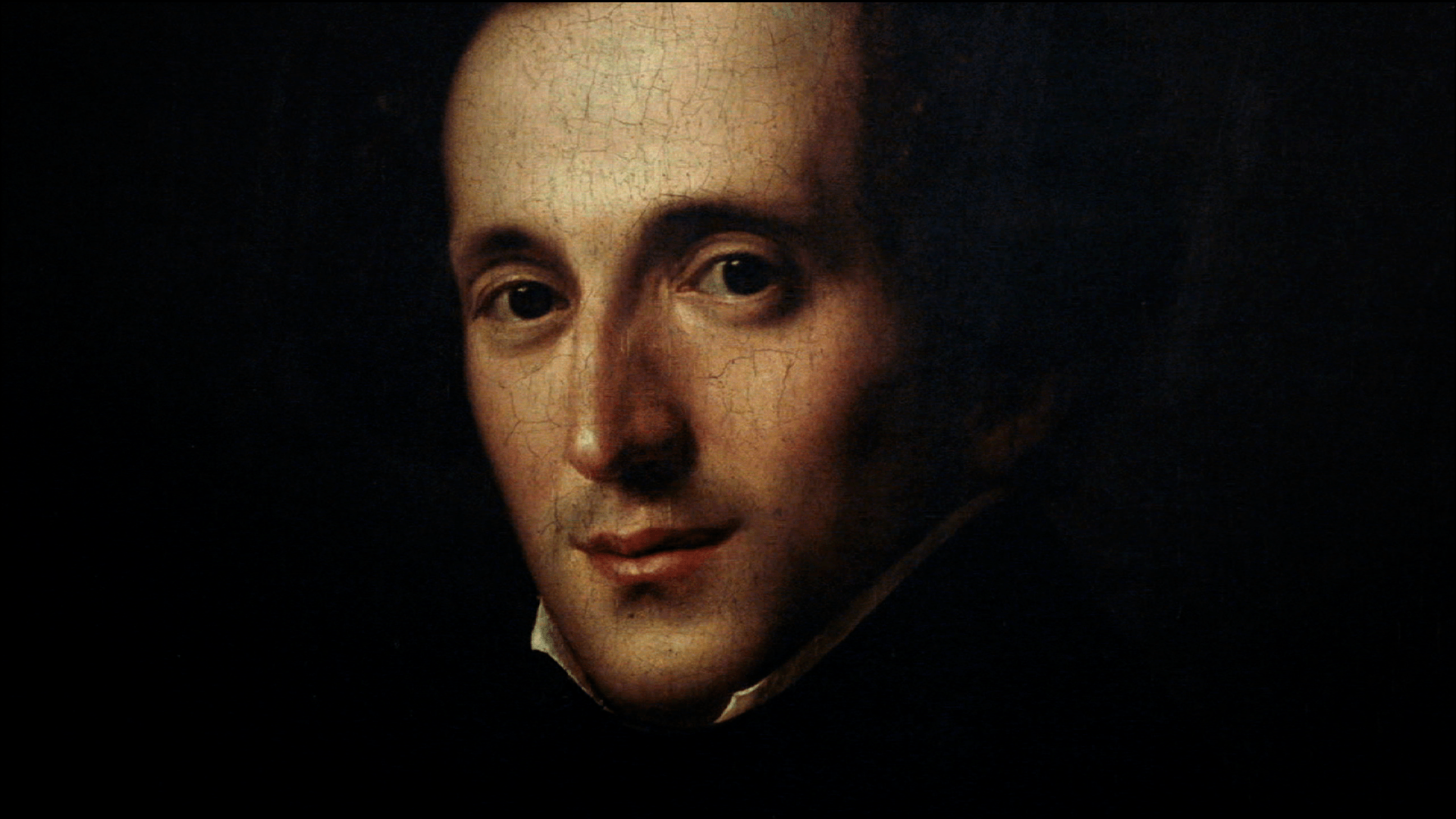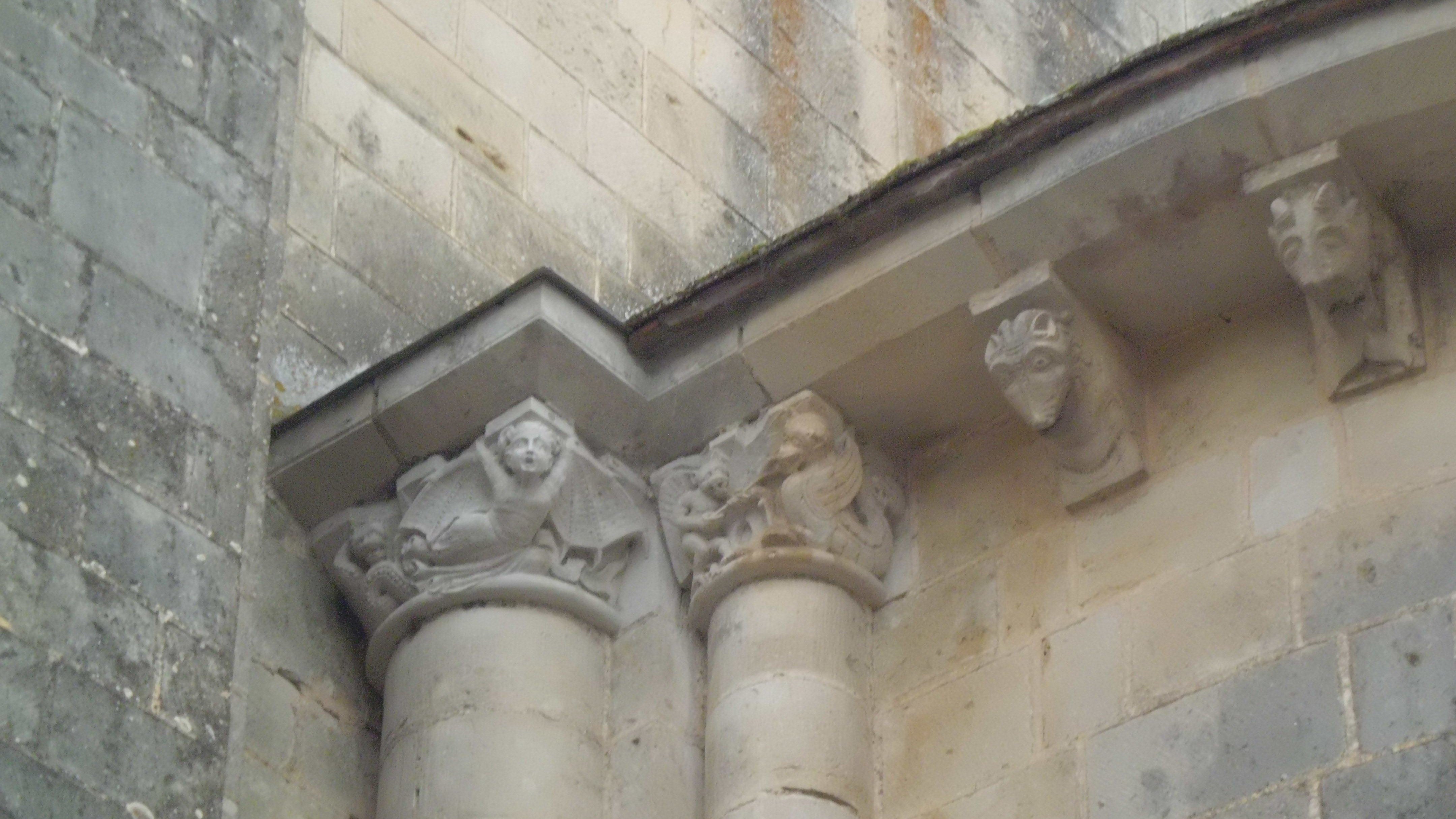Mendelssohn’s Piano Trio No. 2 in C Minor: Tempestuous and Triumphant
In the music of Felix Mendelssohn, two aesthetic worlds meet. The mystery and pathos of Romanticism blend with the pristine formal constructs of Classicism. Robert Schumann summarized this unique synthesis when he called Mendelssohn “the Mozart of the nineteenth century, the most illuminating of musicians, who sees more clearly than others through the contradictions of our era and is the first to reconcile them.” This remarkable synthesis can be heard in Mendelssohn’s …






